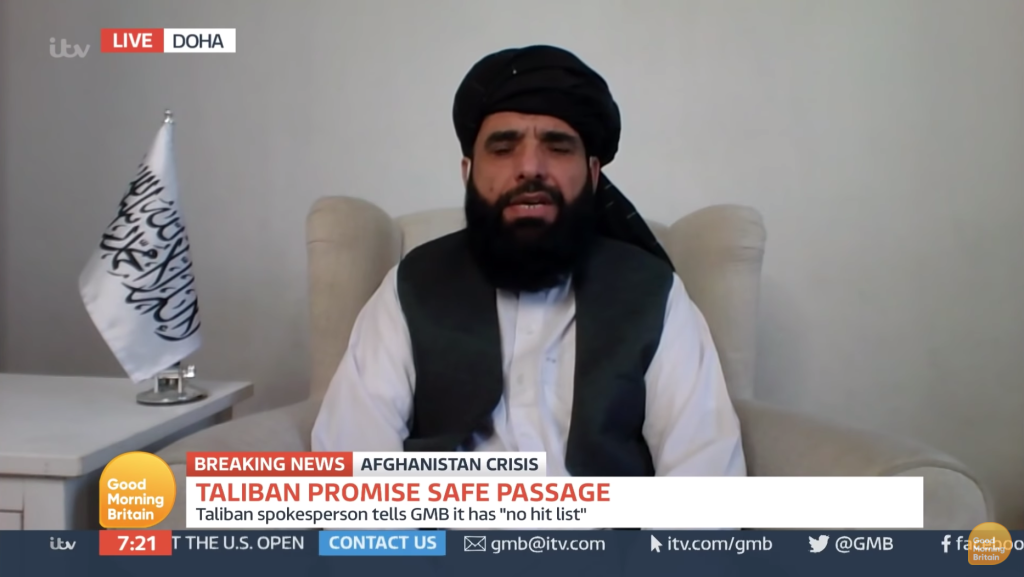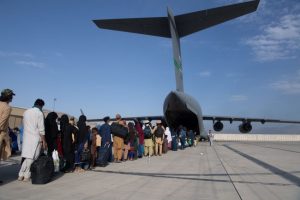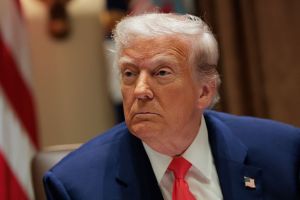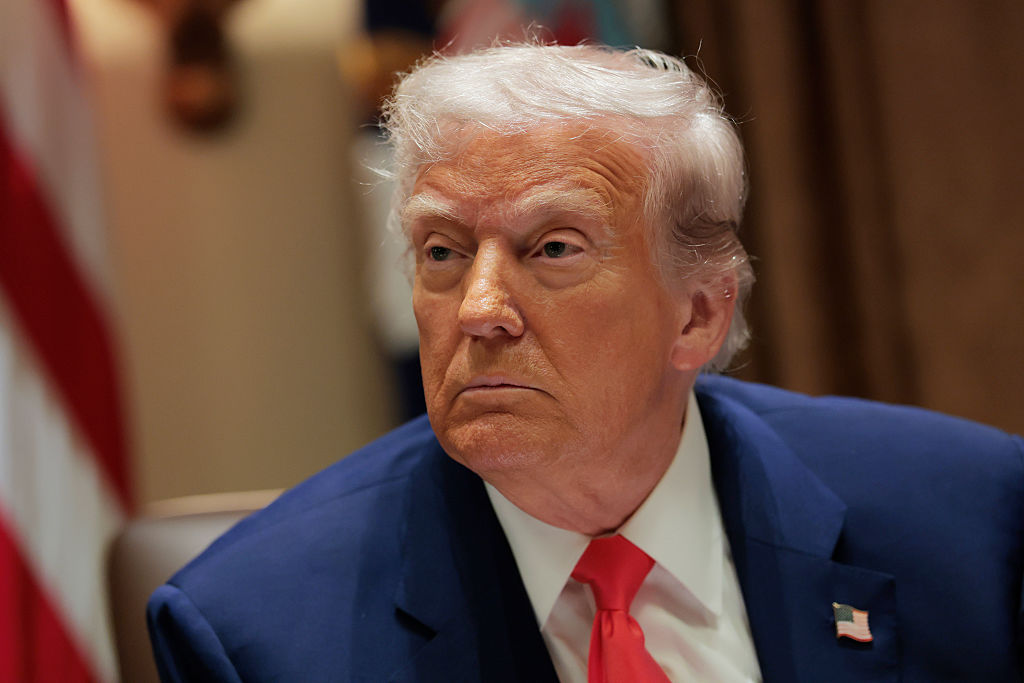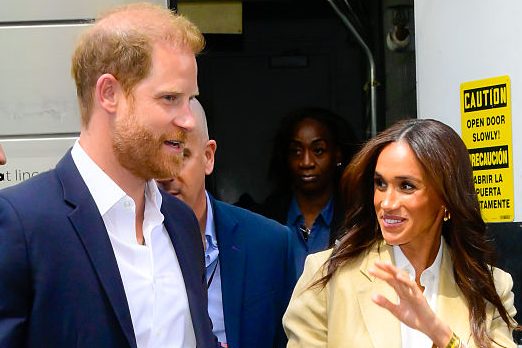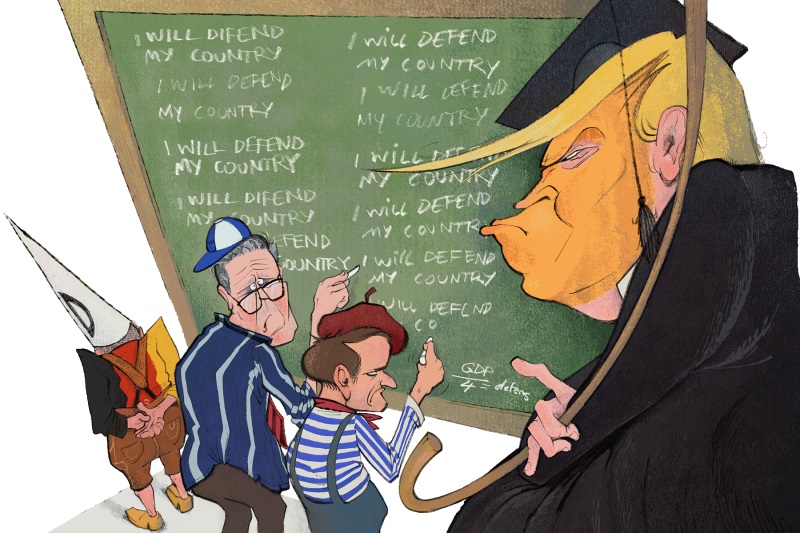There were some curious juxtapositions in Afghanistan last week. On the one hand, the under-19 Afghan cricket team was allowed to leave for a planned tournament in Bangladesh, as if things were normal, while on the other there was a sinister military parade taking place in Kandahar this week. After the lines of horsemen in flowing white robes, a deliberate image of Islamic warrior superiority, came the fleets of captured Humvees. And at the side of the procession lay a car packed with a bomb, suicide vest, and large plastic bottles of explosives from a roadside bomb.
This is a government-in-waiting promoting terrorist weapons that indiscriminately kill civilians. And yet the media, and indeed western politicians, seem to be treating the Taliban’s pronouncements as if the group can be held to account. Statements by Taliban spokesmen to protect women’s rights, or not to kill former soldiers or officials from the Ghani administration are highlighted on news channels, as if behind the statements there is a functioning civil service acting on the words of a minister. Similarly, after talks in Doha, where the UK now has its Afghan embassy in exile, the British foreign secretary Dominic Raab said he would ‘test and hold to account the Taliban on their commitments to progress to a more inclusive government’.
But we cannot hold the Taliban to account for a variety of reasons, not least because the people making these statements do not hold power on the ground. They have been sitting in Doha for many years, running a gaslighting operation designed to persuade the West that the Taliban are a competent and moderate force that will deliver enlightened government with the consent of the people. Most of those inside Afghanistan with actual power, who were fighting while the spokesmen lived in Doha, have no notion of the language of moderation. Not only are they not accountable, they actively oppose the idea. What has been imposed is a tyranny, according to the veteran Afghanistan expert Michael Semple. And ‘Tyranny is dangerously different from chaos and anarchy.’
The Taliban’s mixed messaging was in some senses a deliberate strategy. The group’s media operation is far more sophisticated than it was in the 1990s, and now often includes different messages across five languages. For the West there are consoling and moderate statements in English showing the group’s capacity to govern and concern for women; lines on strong military capability in Arabic for Gulf donors; and messages legitimizing the movement as an international actor in Urdu for Pakistan. But in the two Afghan languages the narrative up to now has been unrelentingly one of violence.
According to the monitoring company ExTrac, of the 45,000 messages put out by the Taliban in the first nine months of 2020, half were in Pashto, the language of most of their recruits, and most were violent reports, showing other jihadis that the Taliban had the intent and capacity to take the country. That is why the Taliban are so opposed to a free Afghan media. They want total control of messaging, and to close off other media to potential recruits and their support networks. In this they are more like a cult than a political party, although there is a similar approach in the total mind control demanded by countries like North Korea and increasingly China. The Taliban’s principal international backer, Pakistan, has put tight controls on its media in recent years. The head of Pakistani intelligence, the ISI, arrived in Kabul on Saturday to manage relations with his new dominion.
In the press conferences held in Kabul since the collapse of the government, the spokesman, Zabiullah Mujahid, has favored questions from western reporters, treating Afghan journalists with contempt. That is because these events are not for local consumption. They are part of a campaign to win international legitimacy and recognition of the Taliban’s armed takeover of the country.
The Taliban’s principal task has changed radically in that they are no longer an insurgency but now have a daunting responsibility for 40 million people, half facing starvation in a collapsed economy. The consoling statements about order, stability, women’s rights made in English have no meaning on the ground, where all the rhetoric up to now has been about legitimizing violence.
Western countries are scrabbling to coordinate their responses. Raab said he is ‘putting a group together that can exert maximum moderating influence on what the Taliban are doing next.’ The weakest of UN resolutions has been passed that ‘expects,’ ‘requests,’ and ‘requires’ the Taliban to do a variety of things. But there was no sense of what would happen if they did not. Sanctions? They are already in place. Bounties on individual members? Two members of the Haqqani family with US bounties on their heads have been moving openly around Kabul.
And as for holding the Taliban accountable: they made promises that they would sever links with al-Qaeda in order to secure release of their prisoners and the American withdrawal. But al-Qaeda has now put out a statement celebrating the Taliban victory, and a senior associate of Osama bin Laden, Amin ul-Haq was filmed returning to his home in Nangarhar in the east.
This makes the next few months highly dangerous for Afghans. If the Taliban offer a corridor for departing Afghans with visas, can we trust that commitment? The recognition issue is on hold for now. But there will be increasing pressure from the Taliban to take the Afghan seat at the UN, and appoint ambassadors. There may be conditions attached to that, but with no way of holding them accountable. The Taliban have secured support from China, but will need to have far better security in order to persuade the Chinese to put in the serious investments that the Taliban expect. And China will not play an active role on the ground in security.
Meanwhile it has become harder for ordinary Afghans to find out what is going on in their country. Many brave independent Afghan media organizations are still operating, but with less capacity than they had. And that has led to dangerous rumors spreading quickly on social media. There is no reliable reporting on the fighting in the Panjshir Valley, the one province still out of Taliban hands, as social media activists on both sides promote victory on a daily basis.
And in a telling sign of the gap between what the Taliban say and what they do, while the junior cricketers were allowed to leave on their planned tour, the junior girls’ national soccer team are in hiding with their families, living day to day in fear. That is the reality behind the façade of the English-speaking Taliban frontmen.
This article was originally published on The Spectator’s UK website.



